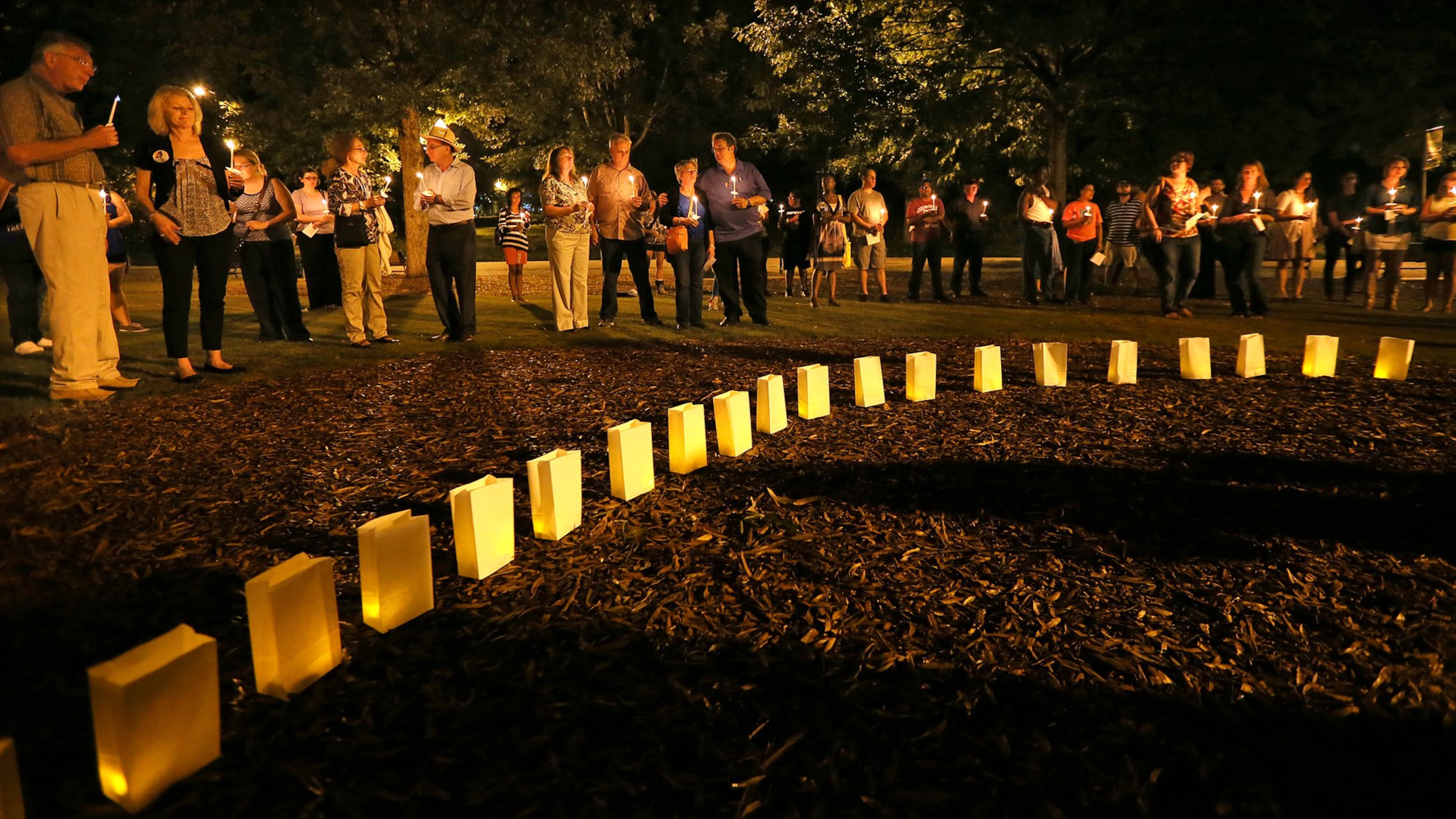Want to help prevent teen suicide? Get rid of the gun in your house

According to the American Academy of Pediatrics, the safest home for a kid is one without guns.
That won’t sit well with a lot of folks, especially those who maintain that guns don’t kill people—people do—but here’s what all of us need to keep in mind. Every day in this country, 78 children, teens and young adults are injured or killed by guns. Last year alone, 285 children got hold of a gun and inadvertently shot themselves or someone else. Add to that, adolescents, in particular, are at a higher risk for suicide when there is a gun in the home. And contrary to popular belief, a gun in the home is more likely to be used to kill a friend or family member than a burglar or other criminal.
We might not think of guns precisely in this context. Suicides rarely enter conversations about gun safety, but I can’t stress this enough: the majority of gun deaths in this country don’t happen because of a bad guy with a gun.
Ivey Mustaki, the teen from Milton I wrote about last month, was by all accounts a loving teen, but Ivey killed herself earlier this year with a gun she found at her grandmother's house. She wasn't the only one. White teenagers, like Ivey, account for most of Georgia's juvenile suicides so far this year—13 compared to three black teens. Ten children between ages 10 and 14 killed themselves this year.
The numbers sadden Dr. Daniel Blumenthal, but they don’t surprise him.

Blumenthal is a retired pediatrician, past president of American College of Preventive Medicine, and professor emeritus of public health and preventive medicine at the Morehouse School of Medicine. When he read Ivey’s story, he sent me an email.
“If Ivey’s family had only known that statistics show that a gun in the house is far more likely to be used (accidentally or not) against a friend or relative than an intruder. If they’d only known that there are far more gun-related suicides than homicides. If they’d only known that it is next to impossible to hide a gun from a teen; research has shown that in most houses where the gun owner thinks his gun is well-hidden, the teen knows where it is. If they’d only known these things, perhaps Ivey would be alive today.”
Blumenthal said that he’s been concerned about the level of gun violence in our country for a long time but not because of anything that has happened to him personally.
“There have been no gun-related incidents in my home, but I am concerned about gun violence and the number of gun-related deaths—both homicide and suicide,” he said. “I also recognize, given the political climate, that nothing is likely to be done legislatively to address this issue in the near future, but I think there are things individuals can do, and one of them is not have a gun in the house.”
Depending on which study you read, Blumenthal said that people who have a gun in the house are anywhere from four to 10 times more likely to shoot a friend or relative as they are to shoot a stranger.

“I know that there are recommendations about safe gun storage, but if you have a gun because you are concerned about an intruder or an assault, then you are not likely to want to keep the ammunition stored separately from the gun or have the gun locked up. So a better strategy is simply not to have a gun in the house,” he said.
I realize that seems simplistic, but the problems we face are rarely as difficult as we make them out to be. More often than not, we simply lack the will to change.
Blumenthal says he recalls a time a few years ago, when a child was being shot by another child every week for five weeks running.
“Don’t have a gun in the house when you have a small child,” he repeated. “I recognize based on Supreme Court rulings, people have a right to have a gun in their homes, but that doesn’t make it smart. I think they’re being foolish.”
He continues to make his point: “Of all the gun-related deaths in the country, about 60 percent are suicides rather than homicide. People who attempt suicide with a gun are almost always successful. Those who attempt by taking pills are usually saved, and then they don’t wind up trying again. Most suicides are spur of the moment decisions. If they have more time to think, they are less likely to try again. If you use a gun, you don’t get a second chance.”
When he wrote to me soon after reading the story about Ivey Mustaki, Blumenthal ended his missive with this: “Maybe you could help get the word out.”
Well, here it is. I pray to God it helps.
Find Gracie on Facebook (www.facebook.com/graciestaplesajc/) and Twitter (@GStaples_AJC) or email her at gstaples@ajc.com.


